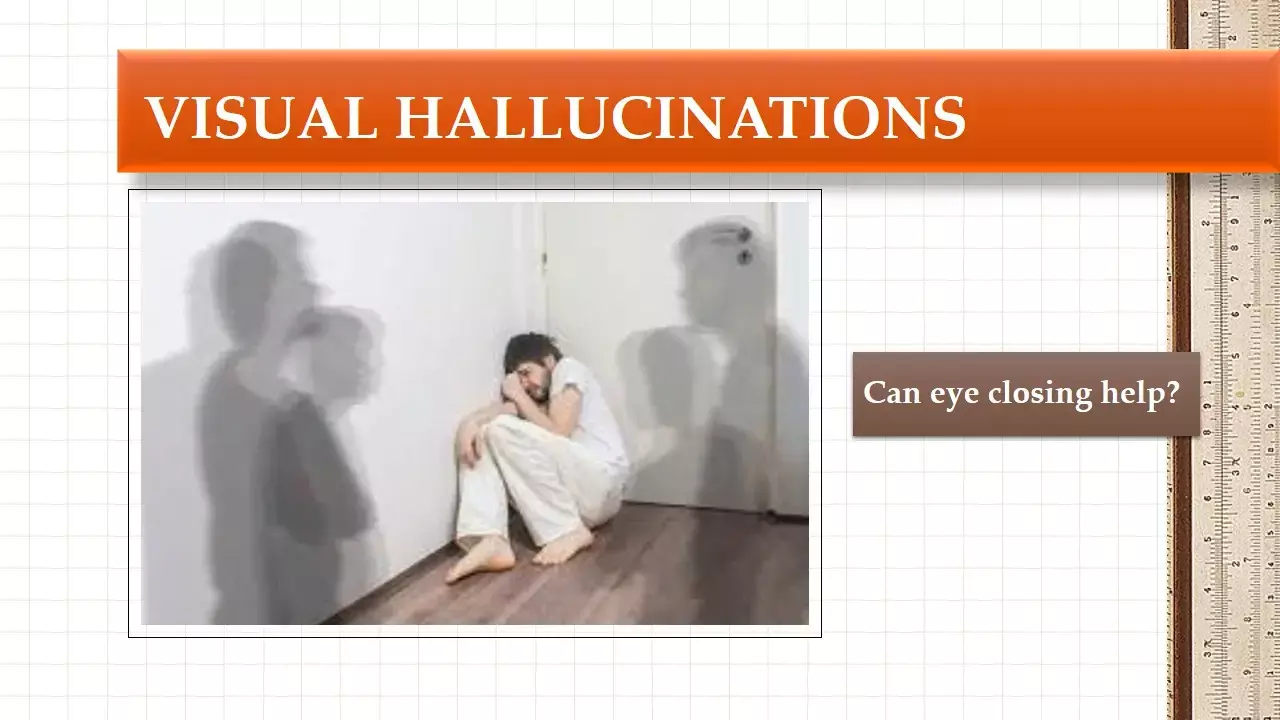- Home
- Medical news & Guidelines
- Anesthesiology
- Cardiology and CTVS
- Critical Care
- Dentistry
- Dermatology
- Diabetes and Endocrinology
- ENT
- Gastroenterology
- Medicine
- Nephrology
- Neurology
- Obstretics-Gynaecology
- Oncology
- Ophthalmology
- Orthopaedics
- Pediatrics-Neonatology
- Psychiatry
- Pulmonology
- Radiology
- Surgery
- Urology
- Laboratory Medicine
- Diet
- Nursing
- Paramedical
- Physiotherapy
- Health news
- Fact Check
- Bone Health Fact Check
- Brain Health Fact Check
- Cancer Related Fact Check
- Child Care Fact Check
- Dental and oral health fact check
- Diabetes and metabolic health fact check
- Diet and Nutrition Fact Check
- Eye and ENT Care Fact Check
- Fitness fact check
- Gut health fact check
- Heart health fact check
- Kidney health fact check
- Medical education fact check
- Men's health fact check
- Respiratory fact check
- Skin and hair care fact check
- Vaccine and Immunization fact check
- Women's health fact check
- AYUSH
- State News
- Andaman and Nicobar Islands
- Andhra Pradesh
- Arunachal Pradesh
- Assam
- Bihar
- Chandigarh
- Chattisgarh
- Dadra and Nagar Haveli
- Daman and Diu
- Delhi
- Goa
- Gujarat
- Haryana
- Himachal Pradesh
- Jammu & Kashmir
- Jharkhand
- Karnataka
- Kerala
- Ladakh
- Lakshadweep
- Madhya Pradesh
- Maharashtra
- Manipur
- Meghalaya
- Mizoram
- Nagaland
- Odisha
- Puducherry
- Punjab
- Rajasthan
- Sikkim
- Tamil Nadu
- Telangana
- Tripura
- Uttar Pradesh
- Uttrakhand
- West Bengal
- Medical Education
- Industry
Eye closing technique may aid in managing visual hallucinations, a case report.

A recent case report published in The European Journal of Psychiatry by A. Adeyanju et al. discusses a new form of management for visuaal hallucinations. this case report highlights visual hallucinations in the context of an exacerbation of Giant cell arteritis (GCA) which were treated with high-dose steroids and showed a stunning response to a novel "eye-closing" technique.
GCA is a chronic form of vasculitis of large and medium vessels, mostly involving the external branches of the carotid arteries, especially the temporal artery when it is referred to as Temporal Arteritis. Many people are diagnosed with GCA after presenting with visual problems.
GCA is treated with steroids and may result in steroid-induced psychosis that in turn can occur at lower doses in the older adult population.
A 65-year-old lady presented to the emergency department with suicidal ideation and anxiety. The past medical history included post-polio syndrome, atrial fibrillation, giant cell arteritis, newly diagnosed cataracts and hypertension.
She reported visual hallucinations that were in the form of animals, a man and faces. There was also more general descriptions of animals which were both stationary and moving.
Steroid titration was associated with olfactory hallucinations that were 38 described as a burning smell and were reported less frequently. There was also a report of auditory hallucinations such as crashing sounds.
The responses were monitored by reduction in the steroid dosage which was gradual and associated with a slight improvement in symptoms although still distressing.
An exploration of aggravating and relieving factors motivated the authors to assess the effects of eye closing. In the next appointment, she reported that whenever she closed and then opened her eyes, she would no longer experience the visual hallucinations of animals and faces and was consequently less distressed at those times.
Although the mechanism of steroid-induced psychosis is unclear, synthetic steroids mediate mood disorders by disrupting the balance in the hypothalamopituitary-adrenal axis, by activating glucocorticoid receptors and suppressing steroid production from the adrenals.
Authors discuss 5 possible mechanisms that may account for the hallucinations:
1. Release phenomenon: visual deprivation removes inhibition of the visual association cortex. The lack of inhibition will result in inappropriate excitation resulting in visual hallucination.
2. Deafferentation Theory: loss of visual input to the cortex increases the excitability within the visual association cortex resulting in spontaneous neuronal activity and visual hallucinations.
3. Conscious Effect: Absence of Conscious Inhibition of hallucinations: Eye closing by interrupting the sensory input and misperception may support a conscious overriding of subconscious perception.
4. Gestalt Psychology: the brain derives meaning from all of the sensory input. Incomplete sensory input due to cataracts (in this case) may result in unpredictable pattern completion resulting in visual hallucinations. Closing and reopening the eyes with a slightly altered head position may result in distinct but still incomplete sensory input with different results for pattern completion.
5. Ischaemic changes: The temporal arteries supply the retina and optic nerve. Ischaemia may result in visual dysfunction leading to hallucinations. Eye closing may significantly reduce the demands on the optic nerve and retina and provide an opportunity for recovery in the context of a compromised blood supply.
The alleviation of the visual hallucinations with eye closing merits further investigation and with further case reports it may be possible to more definitively investigate the impact of eye closing on visual hallucinations in GCA, steroid-induced psychosis, Charles-Bonnet syndrome or all.
Source: The European Journal of Psychiatry: https://doi.org/10.1016/j.ejpsy.2021.06.002
M.B.B.S, M.D. Psychiatry
M.B.B.S, M.D. Psychiatry (Teerthanker Mahavir University, U.P.) Currently working as Senior Resident in Department of Psychiatry, Institute of Human Behaviour and Allied Sciences (IHBAS) Dilshad Garden, New Delhi. Actively involved in various research activities of the department.
Dr Kamal Kant Kohli-MBBS, DTCD- a chest specialist with more than 30 years of practice and a flair for writing clinical articles, Dr Kamal Kant Kohli joined Medical Dialogues as a Chief Editor of Medical News. Besides writing articles, as an editor, he proofreads and verifies all the medical content published on Medical Dialogues including those coming from journals, studies,medical conferences,guidelines etc. Email: drkohli@medicaldialogues.in. Contact no. 011-43720751


